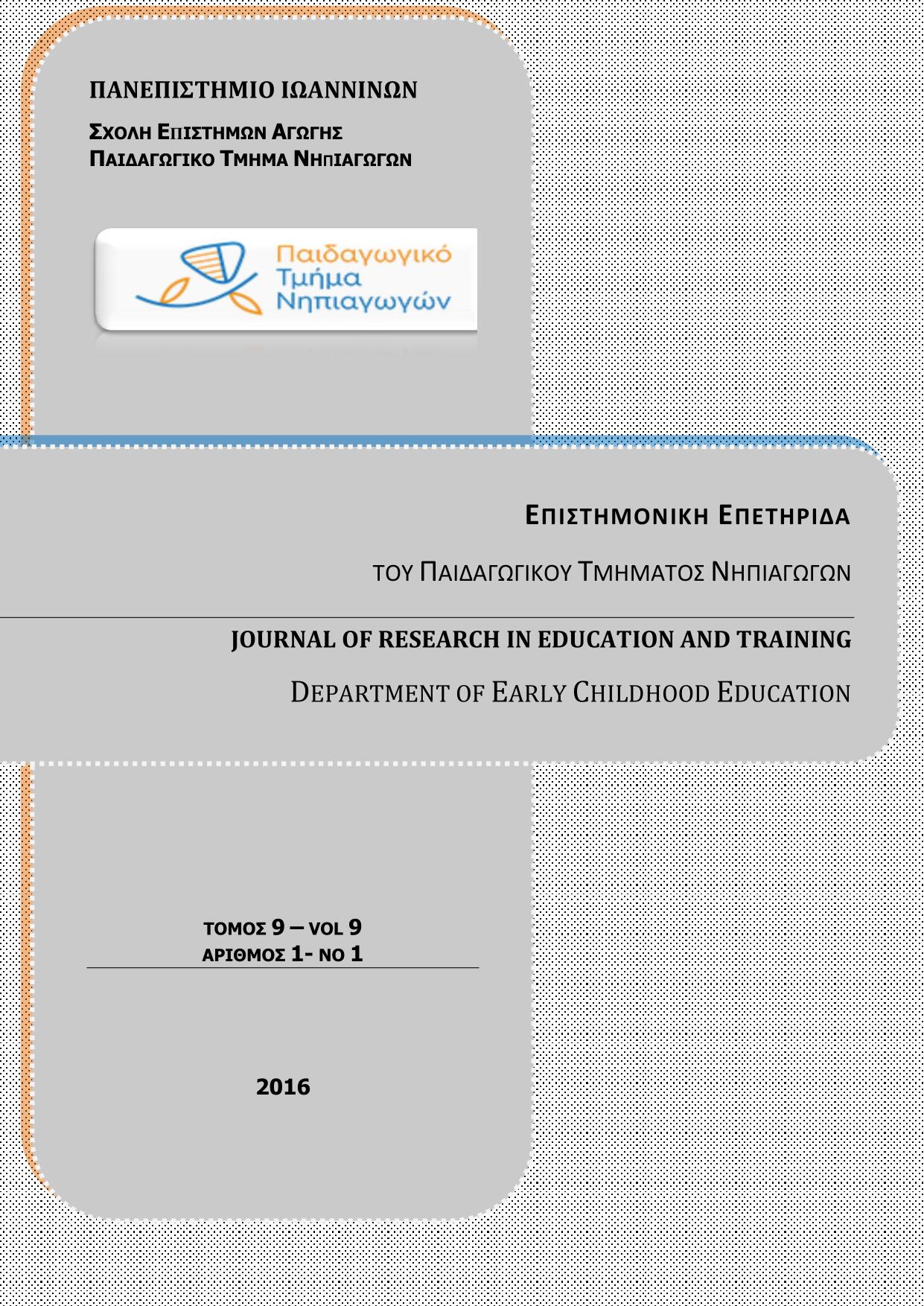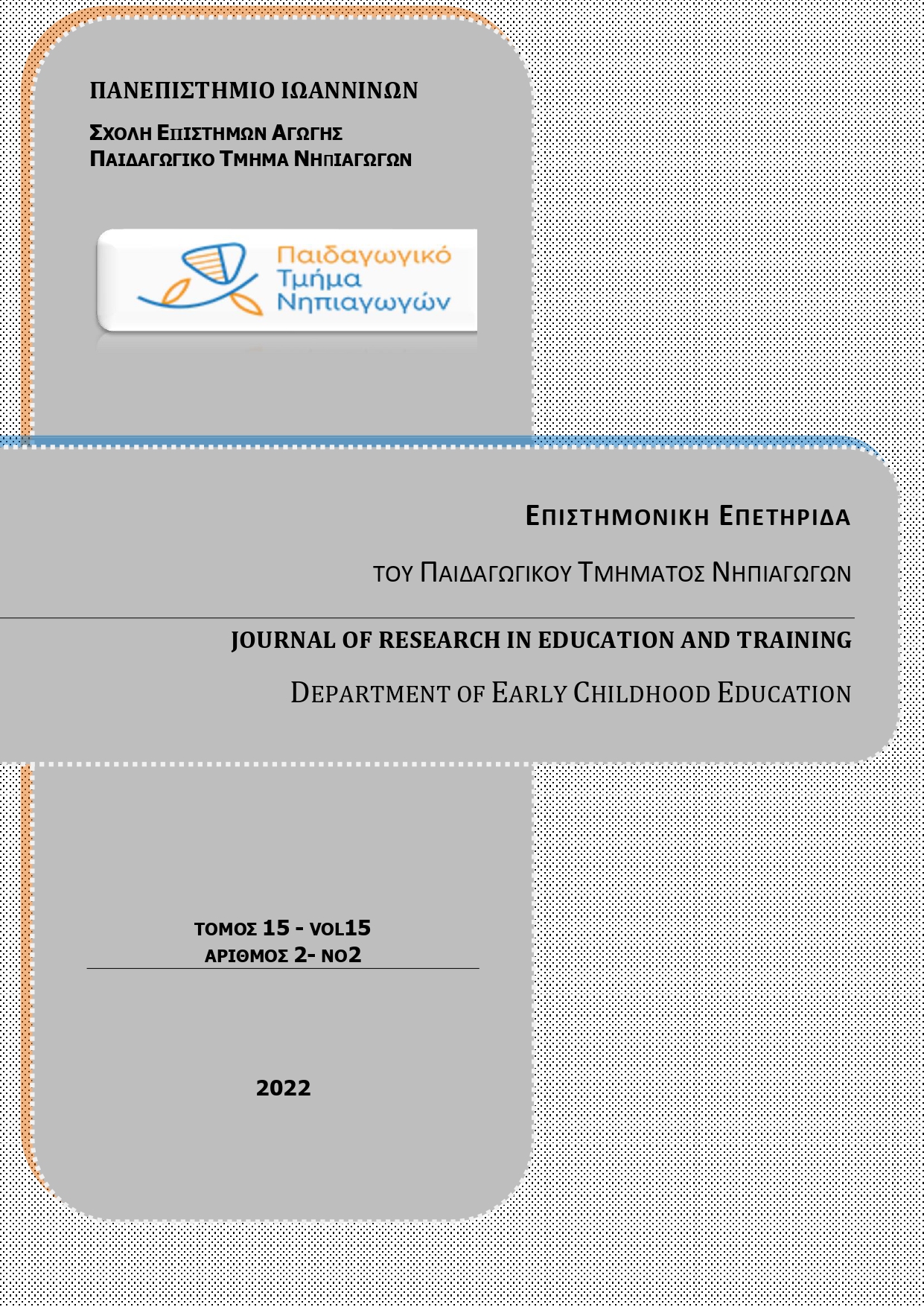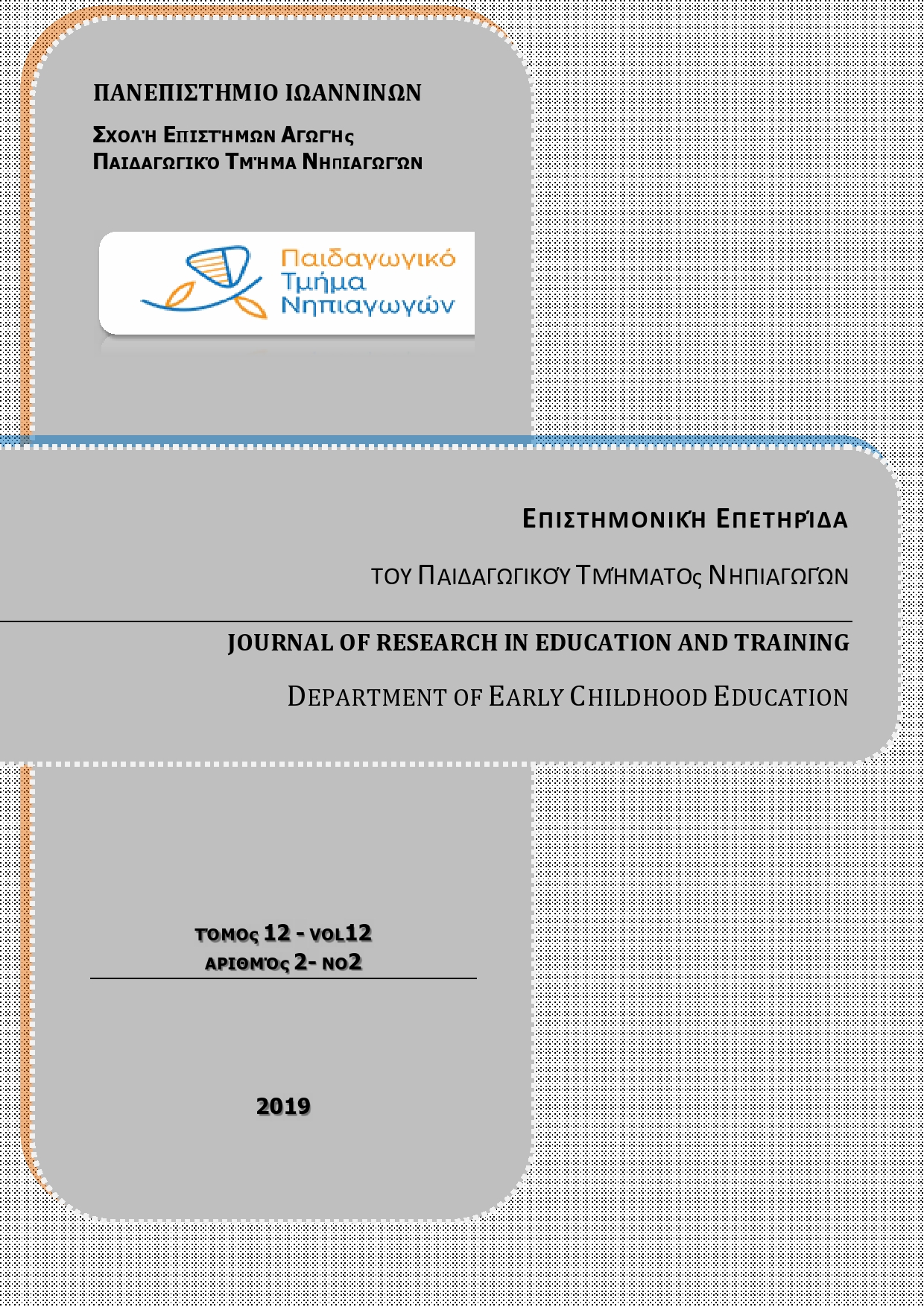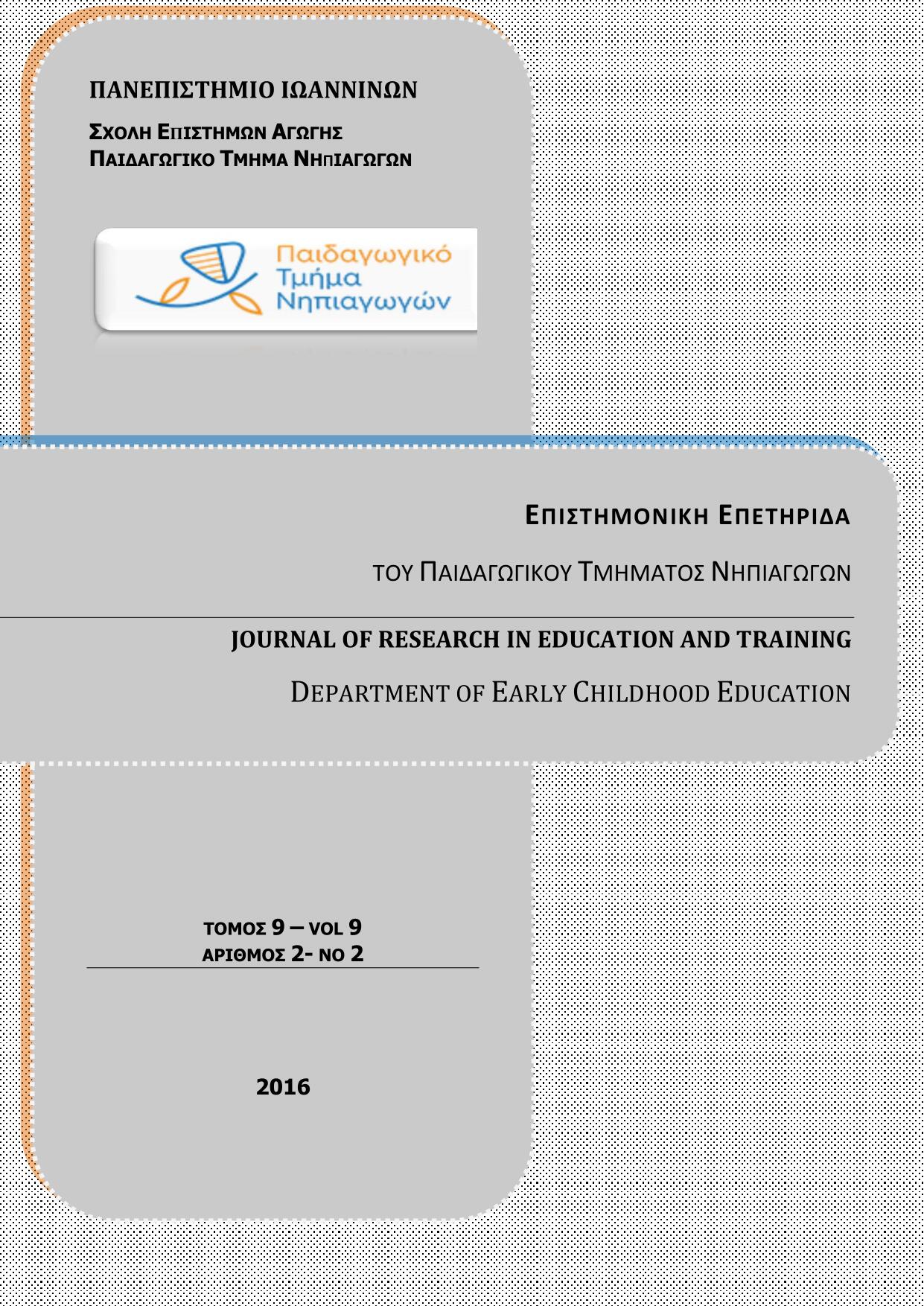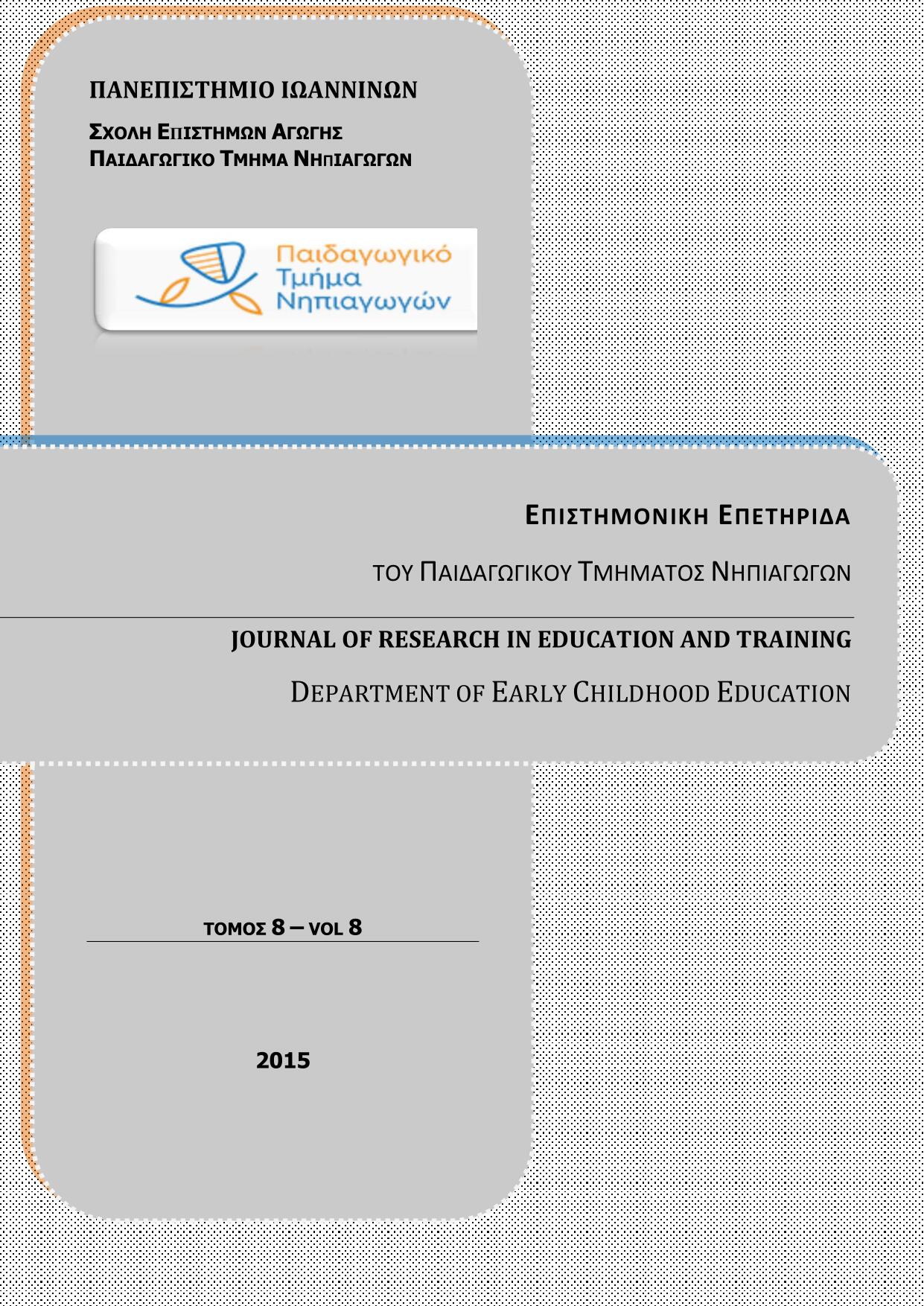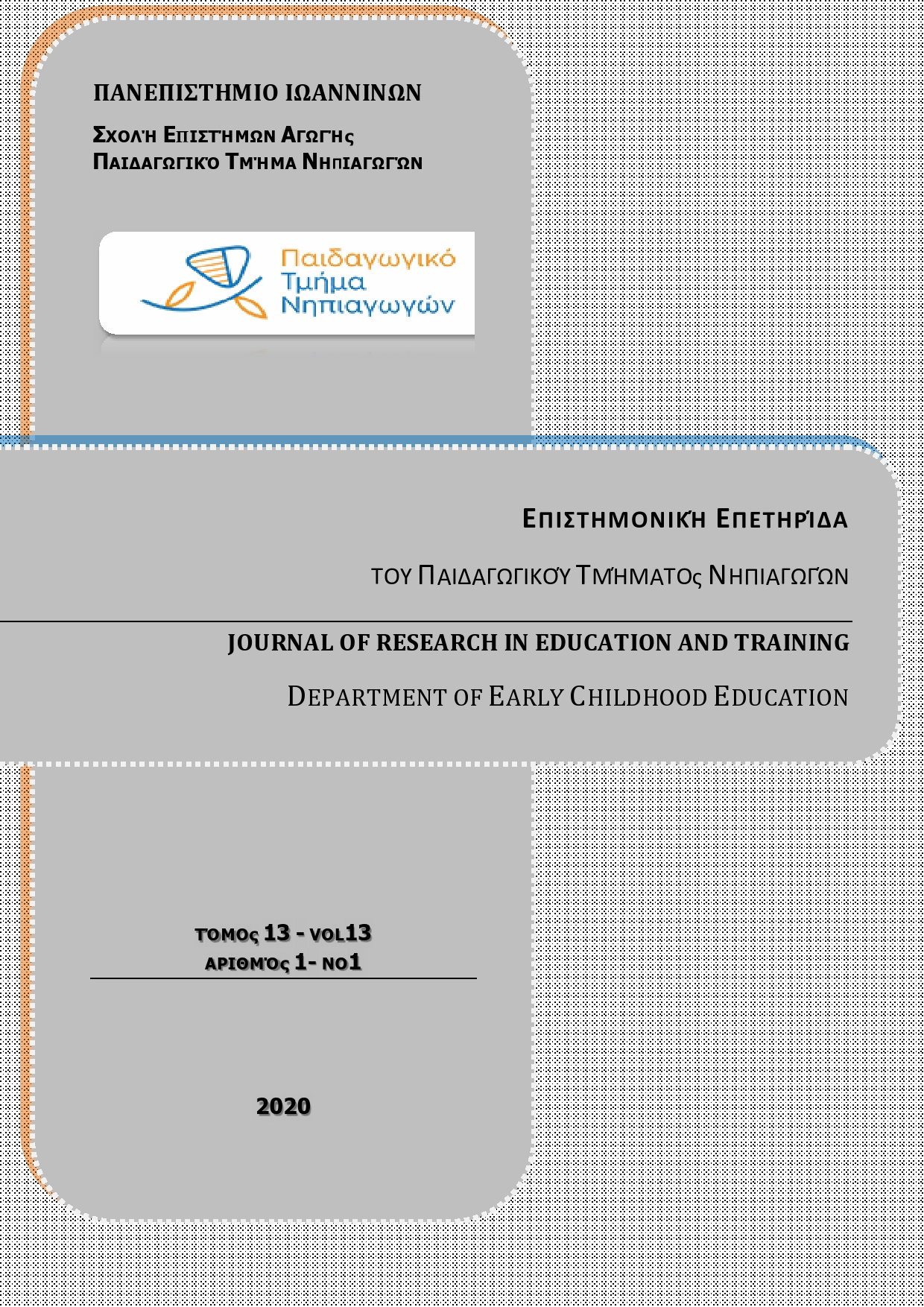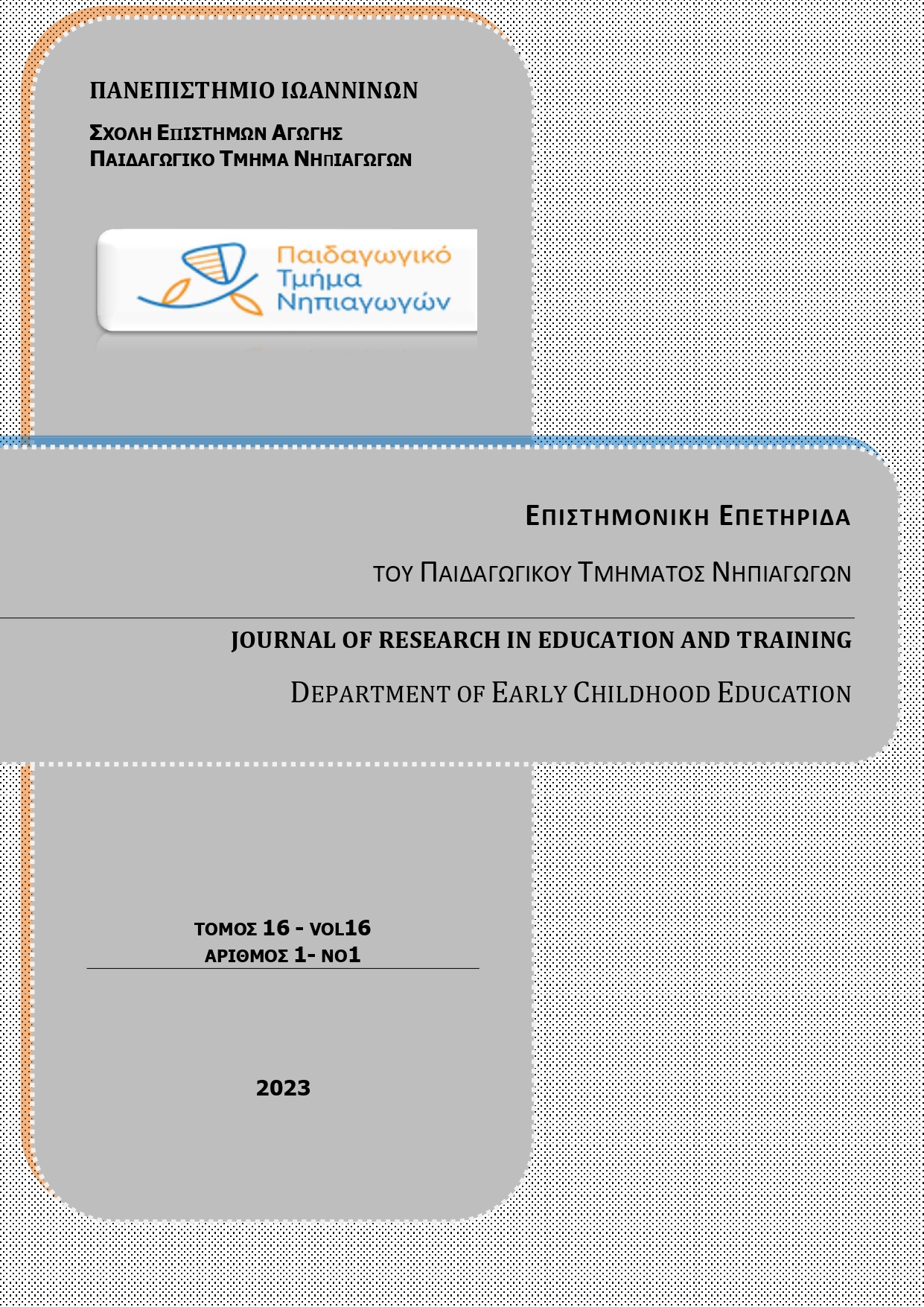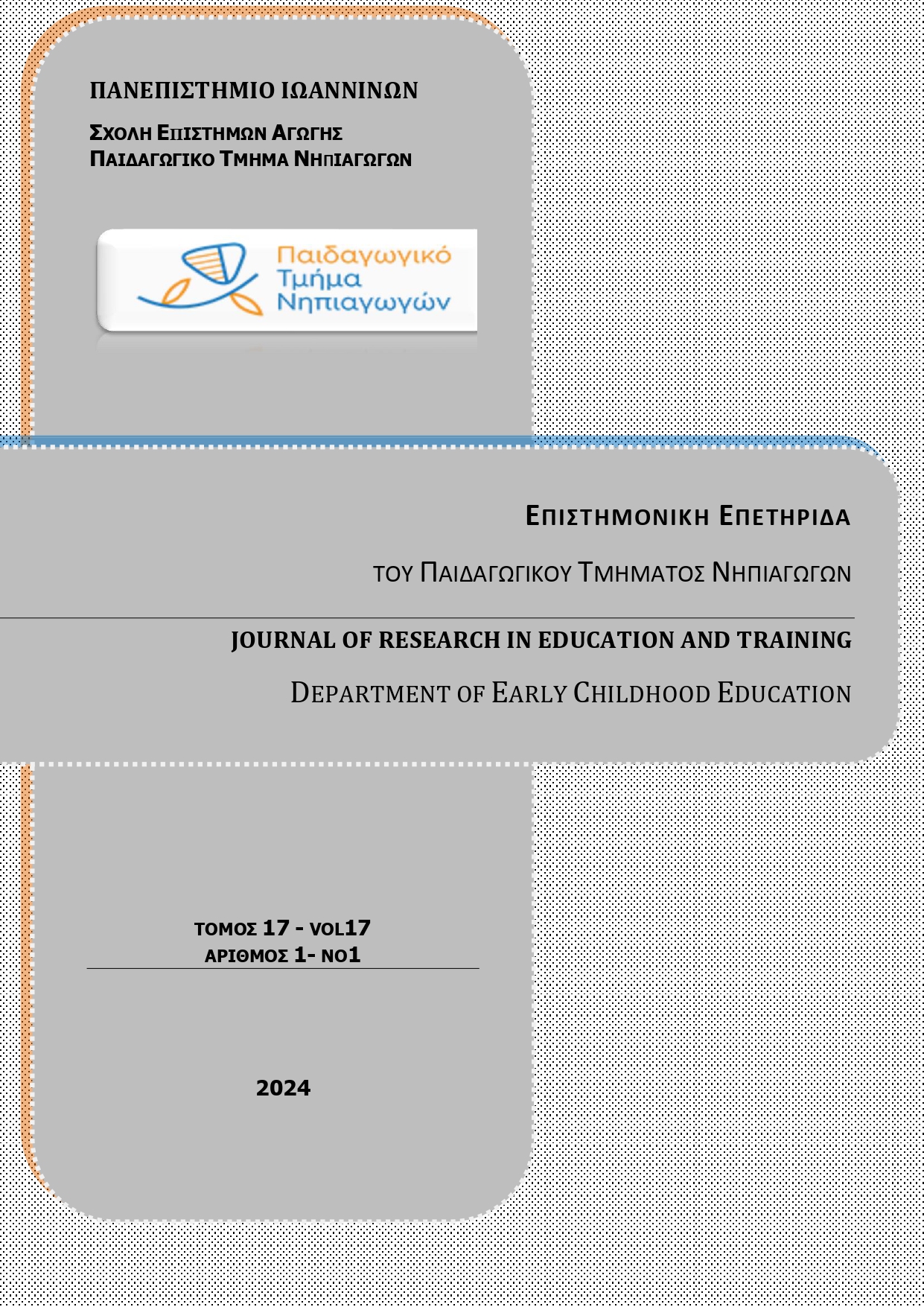The use of the Mini-Mental State Examination in child and adolescent populations a literature review of research data
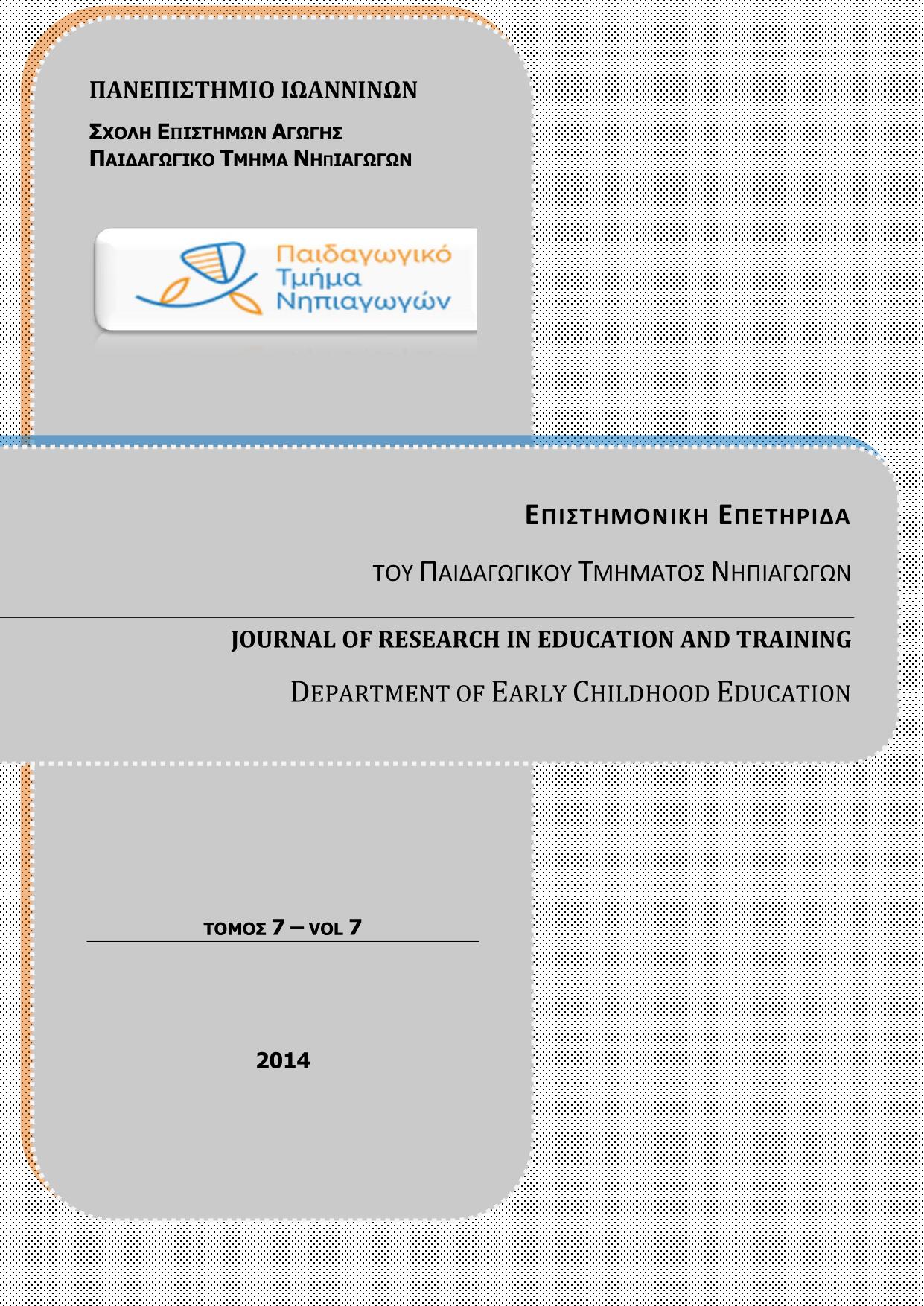
Abstract
The Mini-Mental State Examination (MMSE; Folstein, Folstein, & Mchugh, 1975) is a cognitive status test widely used to screen cognitive impairment and dementia in the adult population. This paper attempts a literature review of research data about the use of the MMSE in child and youth populations. At first, the paper refers to the hypothesis of “retrogenesis” and the description of the MMSE is provided. The paper continues with the review of research data about the use of the MMSE, both in English and non-English speaking populations including children and adolescents. The review concludes with an attempt to reconcile the findings of the research mentioned regarding the usefulness of the MMSE as a cognitive screening tool for children’s and adolescents’ development.
Article Details
- How to Cite
-
Bouronikou, F., Papantoniou, G., Moraitou, D., & Sarris, D. (2014). The use of the Mini-Mental State Examination in child and adolescent populations: a literature review of research data. Journal of Research in Education and Training, 7, 122–180. https://doi.org/10.12681/jret.850
- Issue
- Vol. 7 (2014)
- Section
- Articles

This work is licensed under a Creative Commons Attribution-NonCommercial-ShareAlike 4.0 International License.
Authors who publish with this journal agree to the following terms:
- Authors retain copyright and grant the journal right of first publication with the work simultaneously licensed under a Creative Commons Attribution Non-Commercial License that allows others to share the work with an acknowledgement of the work's authorship and initial publication in this journal.
- Authors are able to enter into separate, additional contractual arrangements for the non-exclusive distribution of the journal's published version of the work (e.g. post it to an institutional repository or publish it in a book), with an acknowledgement of its initial publication in this journal.
- Authors are permitted and encouraged to post their work online (preferably in institutional repositories or on their website) prior to and during the submission process, as it can lead to productive exchanges, as well as earlier and greater citation of published work (See The Effect of Open Access).



